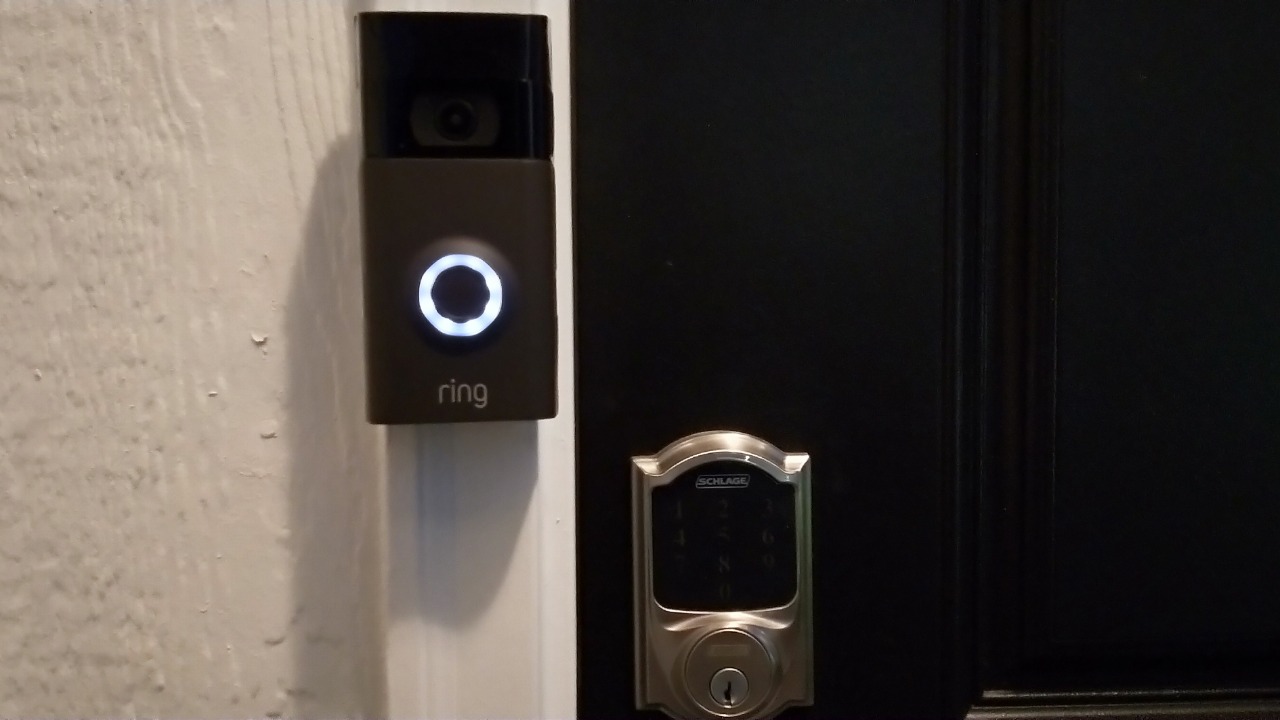
The mushrooming of smart doorbells in our homes and communities has made our lives convenient and safer. However, with this technology comes the concern about privacy. Let’s delve into how these devices are secretly mapping our neighborhoods for corporate interests.
The Rise of Smart Doorbells
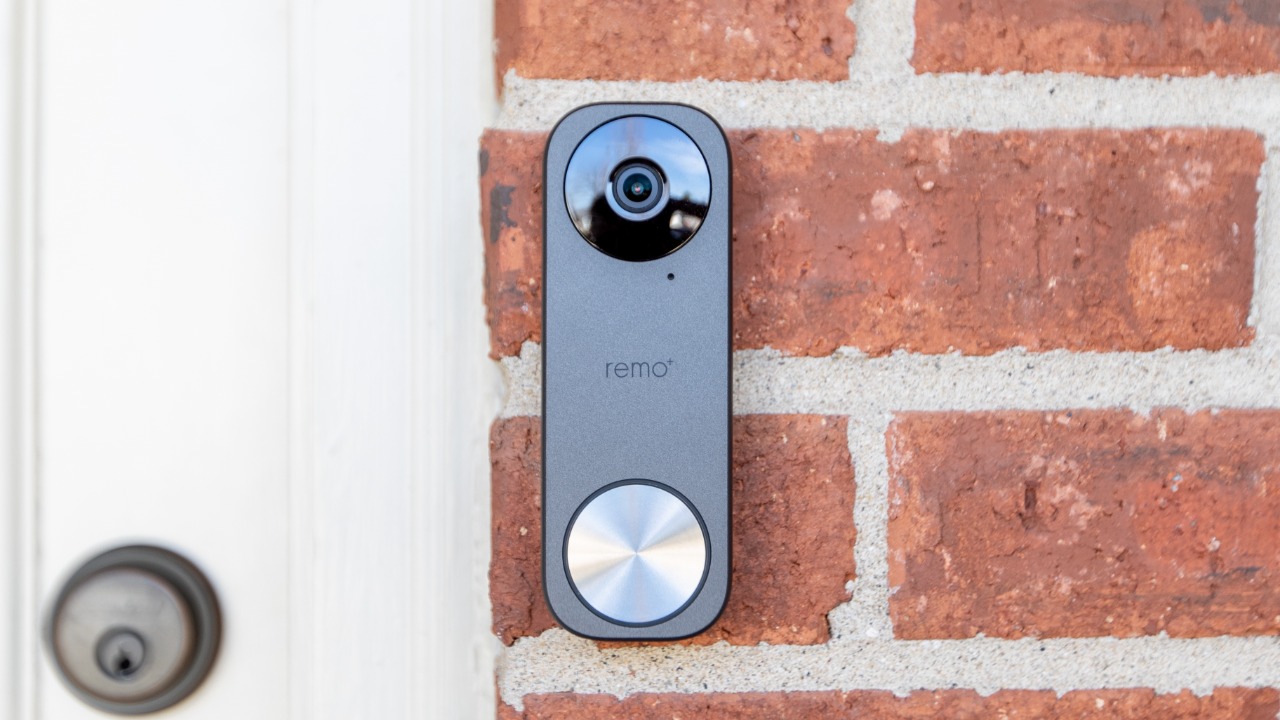
Smart doorbells have seen a significant rise in popularity and adoption over the past few years. These devices, equipped with cameras, microphones, and motion sensors, serve as our first line of defense against potential intruders or unwelcome visitors. They allow us to remotely monitor our doorstep and interact with visitors, providing an enhanced layer of security and convenience.
As per a study published in the Springer article, the sales of smart doorbells have seen an exponential increase. The reasons range from their ease of setup and use to the added security and peace of mind they offer. However, with this growing popularity comes the question of privacy and how the data collected by these devices is being used.
Data Collection by Smart Doorbells
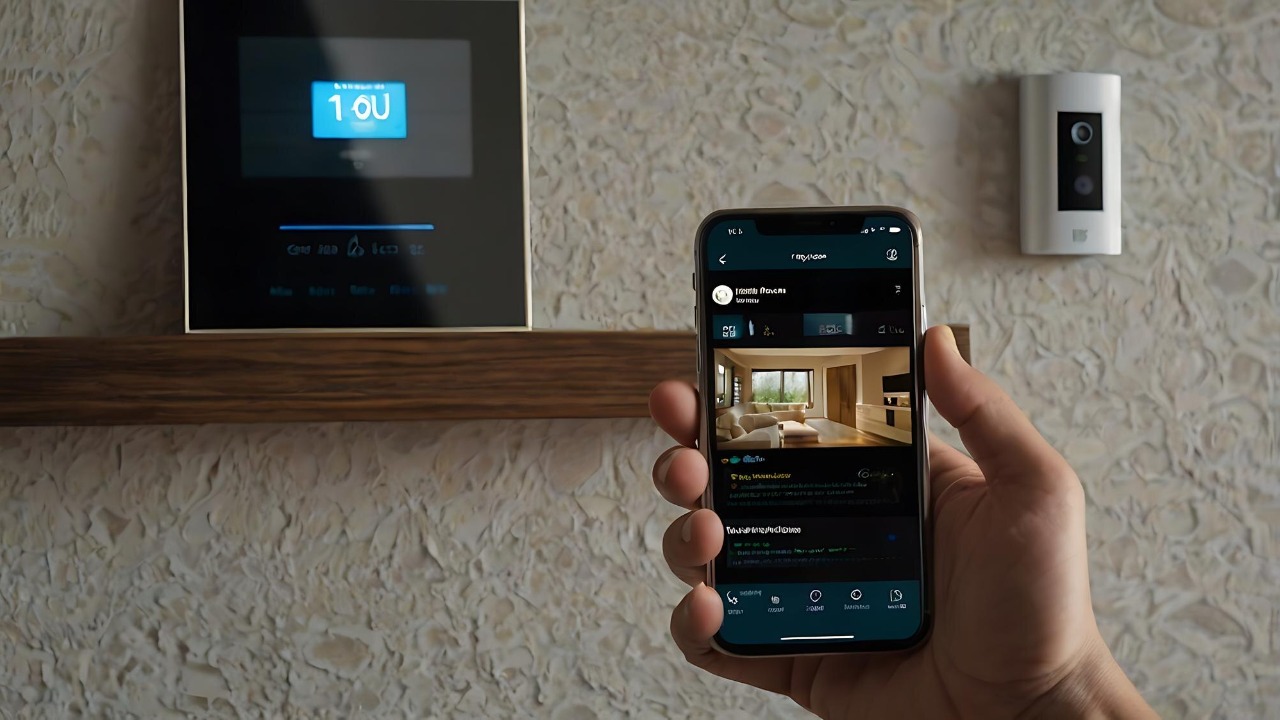
Smart doorbells are designed to collect data. With their high-resolution cameras and motion sensors, they record videos, capture images, and monitor movement around our homes. This data is then transmitted and stored on cloud servers, often owned by the companies that manufacture these devices.
As revealed in a Gizmodo article, the data collected by the Ring smart doorbell was used to create a detailed map of Amazon’s home surveillance network. This raises significant questions about how the data collected by these devices is being used, and who has access to it.
Unveiling the Mapping Phenomenon
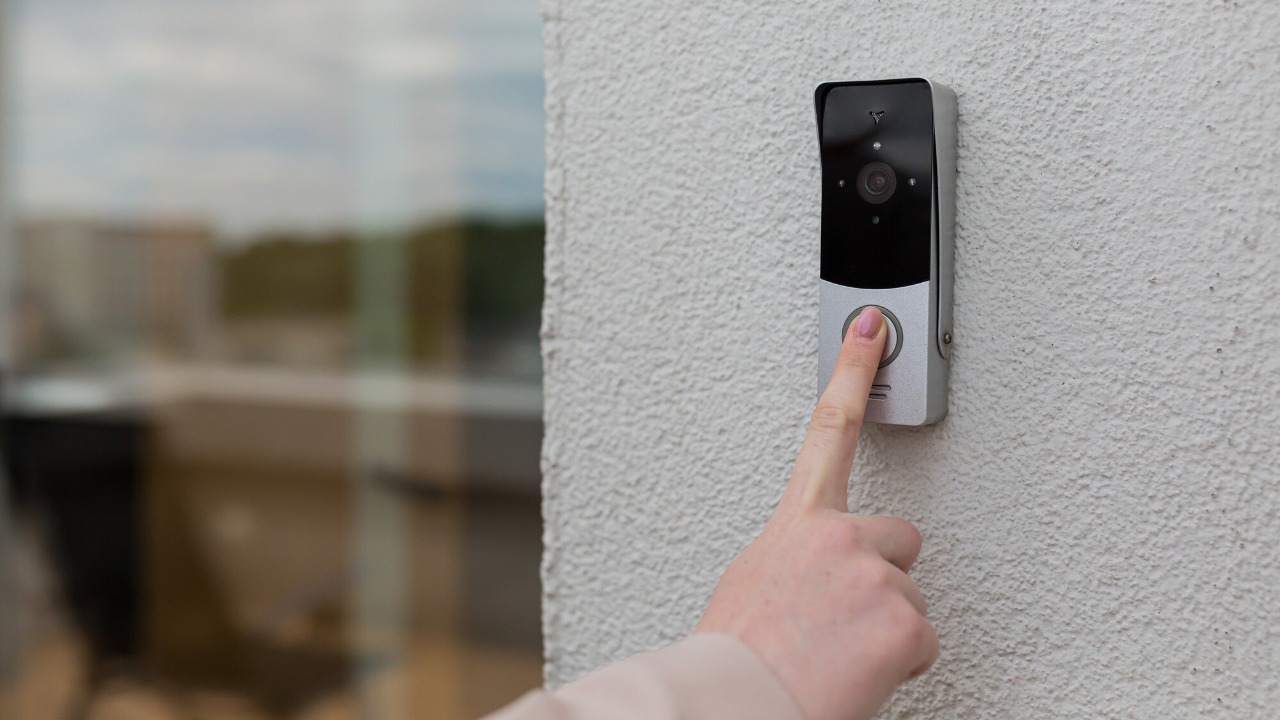
The data collected by smart doorbells is being used by corporations to map neighborhoods. Using this data, they can create detailed layouts of communities, identifying the location of every home, the number of residents, their movement patterns, and even their daily routines. This information can be invaluable for corporations, from targeted marketing to strategic planning.
The IJournal article discusses the potential benefits and drawbacks of this mapping phenomenon. While it can aid in crime prevention and community planning, it also poses significant privacy risks. Without proper regulations and transparency, this data can be misused, leading to breaches of privacy and potential violations of personal rights.
Privacy Concerns and Legal Implications
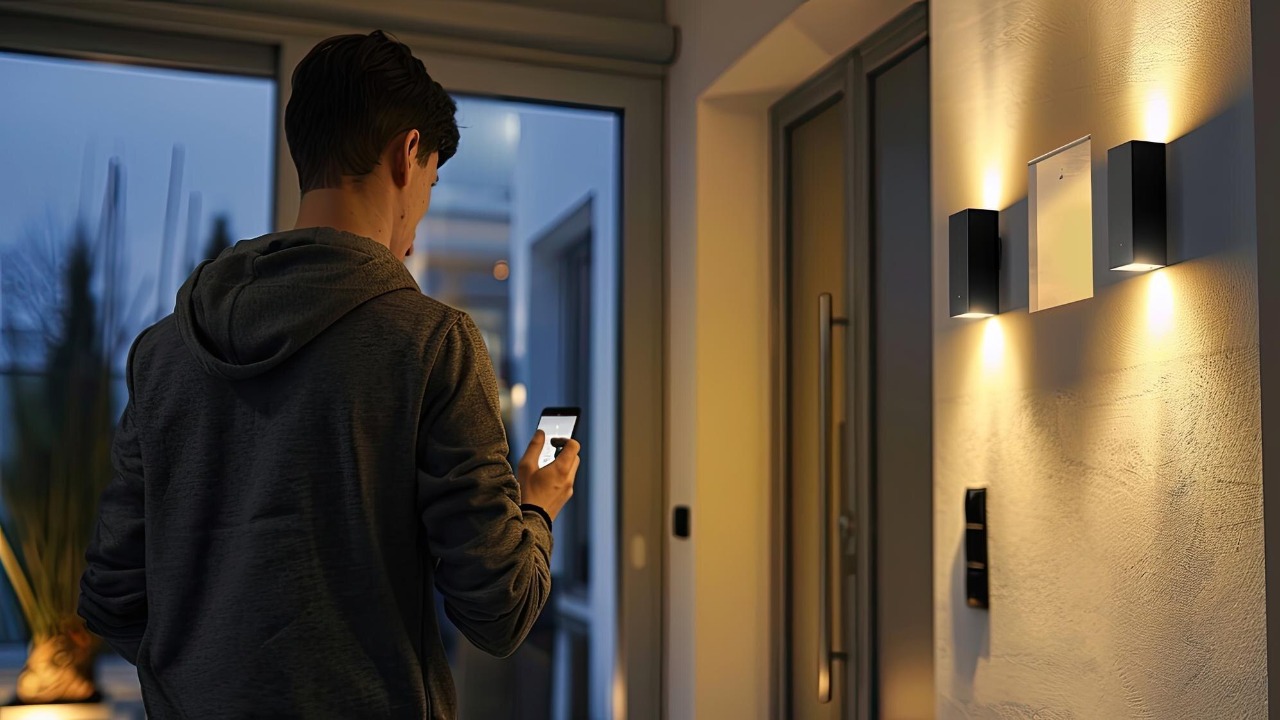
The use of smart doorbells and their data collection practices have raised numerous privacy concerns. The constant surveillance, coupled with the potential misuse of the collected data, poses a significant threat to our privacy. Moreover, there are concerns over who has access to this data, how long it is stored, and how securely it is kept.
There are also legal implications to consider. The misuse of this data could potentially violate privacy laws and personal rights. As reported by the ACLU-IL news, Amazon dropped its neighborhood surveillance program due to these concerns. It underlines the need for stricter regulations and transparency in how these devices operate and how the collected data is used.
Mitigating the Privacy Risks
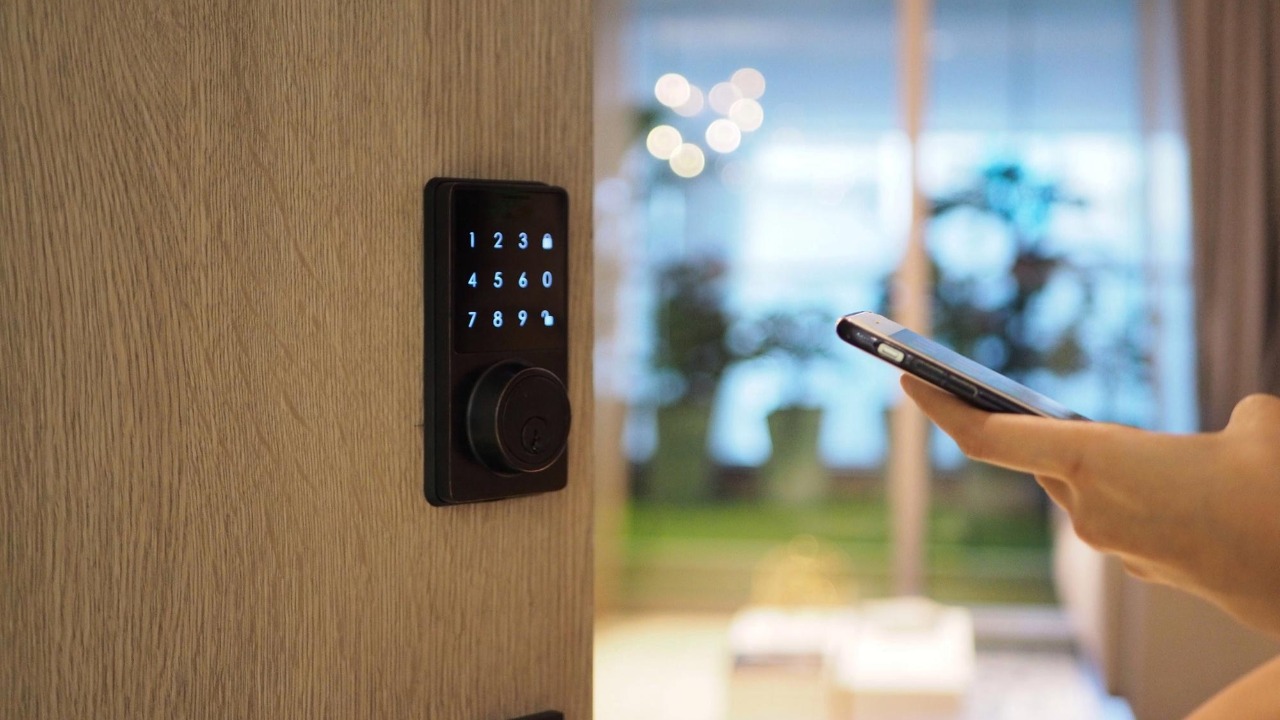
To mitigate these privacy risks, there is a need for stricter regulations and more transparent data collection practices. Corporations should be held accountable for the data they collect and should be required to disclose how this data is used. Additionally, users need to be educated about the potential privacy risks associated with these devices and how to protect their data.
There are also calls for changes in tech design to enhance privacy. The UTD-IR article discusses proposals for legislative changes to address these concerns. It emphasizes the need for privacy by design, where devices are designed from the ground up with privacy as a key consideration. Only then can we truly enjoy the benefits of smart doorbells, without compromising our privacy.